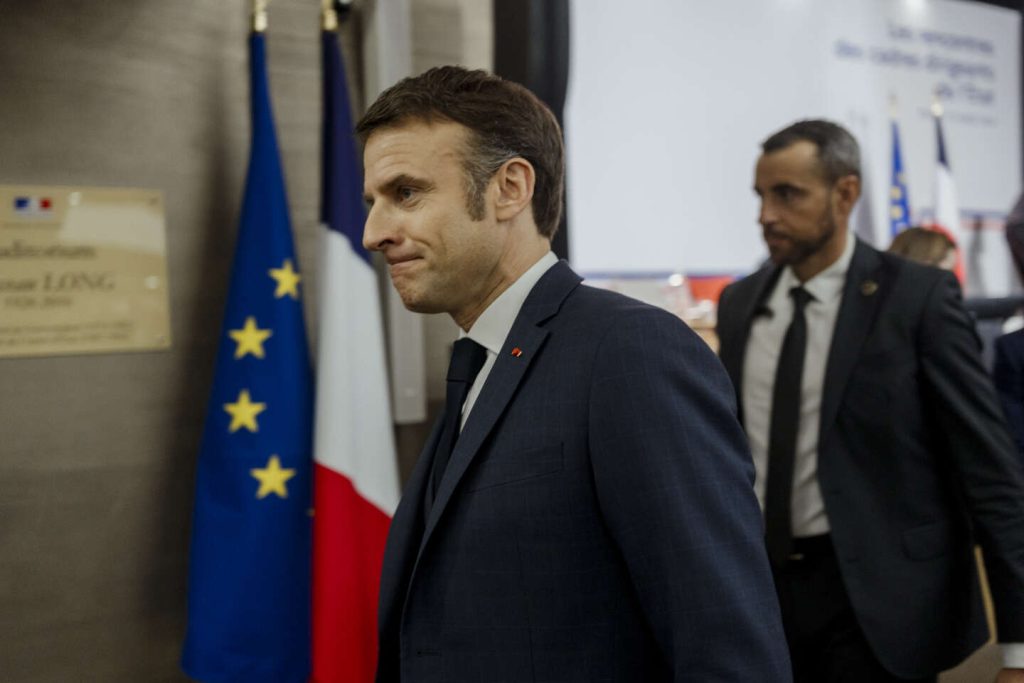The article discusses the political misstep made by French President Emmanuel Macron during the commemoration of the thirtieth anniversary of the genocide of the Tutsis in Rwanda. A video of Macron, in which he reiterates his previous statements made during a historic speech in Kigali, has caused controversy and confusion. The Elysée had announced that Macron would make a statement in the video, emphasizing the need for the international community, including France, to have acted to stop the genocide in 1994. This message was seen as a positive step towards reconciliation between France and Rwanda, following Macron’s acknowledgment of France’s role in the genocide during his 2021 visit to Rwanda.
While the French presidency’s position on the genocide of the Tutsis is not new, with Macron’s previous statements already acknowledging France’s responsibility in the events of 1994, the release of the video has sparked reactions due to the sensitivity of the topic. Every word on this painful history is carefully analyzed in both Paris and Kigali. The video’s release has raised concerns and led to speculation about the strained relationship between the two countries, especially in light of Rwanda’s involvement in destabilizing the eastern region of the Democratic Republic of Congo. Macron’s absence at the Kigali commemoration, officially attributed to scheduling conflicts with a ceremony honoring French resistance fighters from World War II, has been interpreted as a sign of challenges in the recent efforts to improve relations between France and Rwanda.
The controversy surrounding Macron’s video has reignited discussions about the complexities of addressing historical atrocities and the importance of reconciliation in international relations. The comments made by Macron in the video have highlighted the need for continued dialogue and remembrance of past traumas to prevent similar atrocities from recurring. The delicate nature of the issue and the impact of political statements on diplomatic relationships are underscored by this incident, as both France and Rwanda navigate the complexities of their shared history.
The video release has also brought attention to the evolving narrative surrounding France’s role in the Rwandan genocide, with efforts to acknowledge and atone for past wrongs. Macron’s acknowledgment of France’s involvement in the genocide has been a significant step in addressing historical injustices and fostering reconciliation between the two countries. The reactions to the video demonstrate the complexities and sensitivities surrounding discussions of genocide and the need for continued efforts to promote understanding and healing in the aftermath of such traumatic events.
Overall, Macron’s video message has stirred controversy and debate about the handling of historical atrocities and the complexities of diplomatic relationships. The incident underscores the challenges of addressing past traumas and the importance of continued dialogue and reconciliation in international relations. Despite the misstep in communication, the incident has shed light on the need for open discussions and acknowledgment of historical injustices to promote healing and prevent future atrocities. Macron’s actions and statements regarding France’s role in the Rwandan genocide highlight the complexities of addressing historical wrongs and striving for reconciliation in the face of painful memories and difficult truths.















